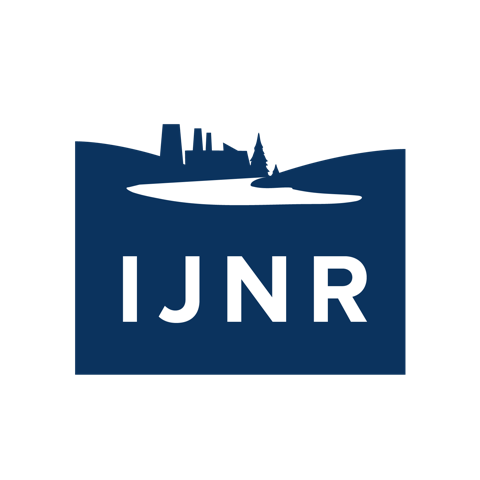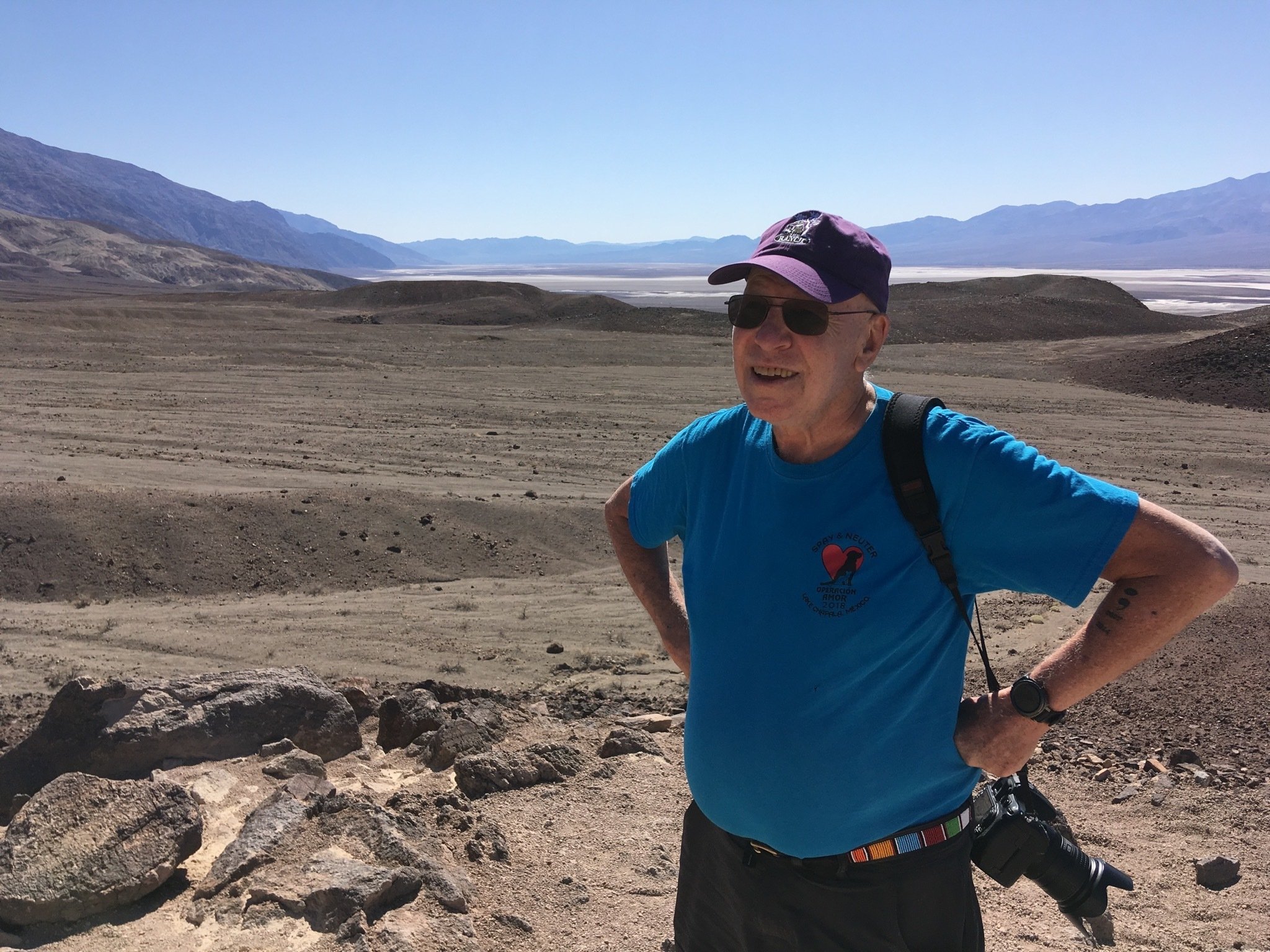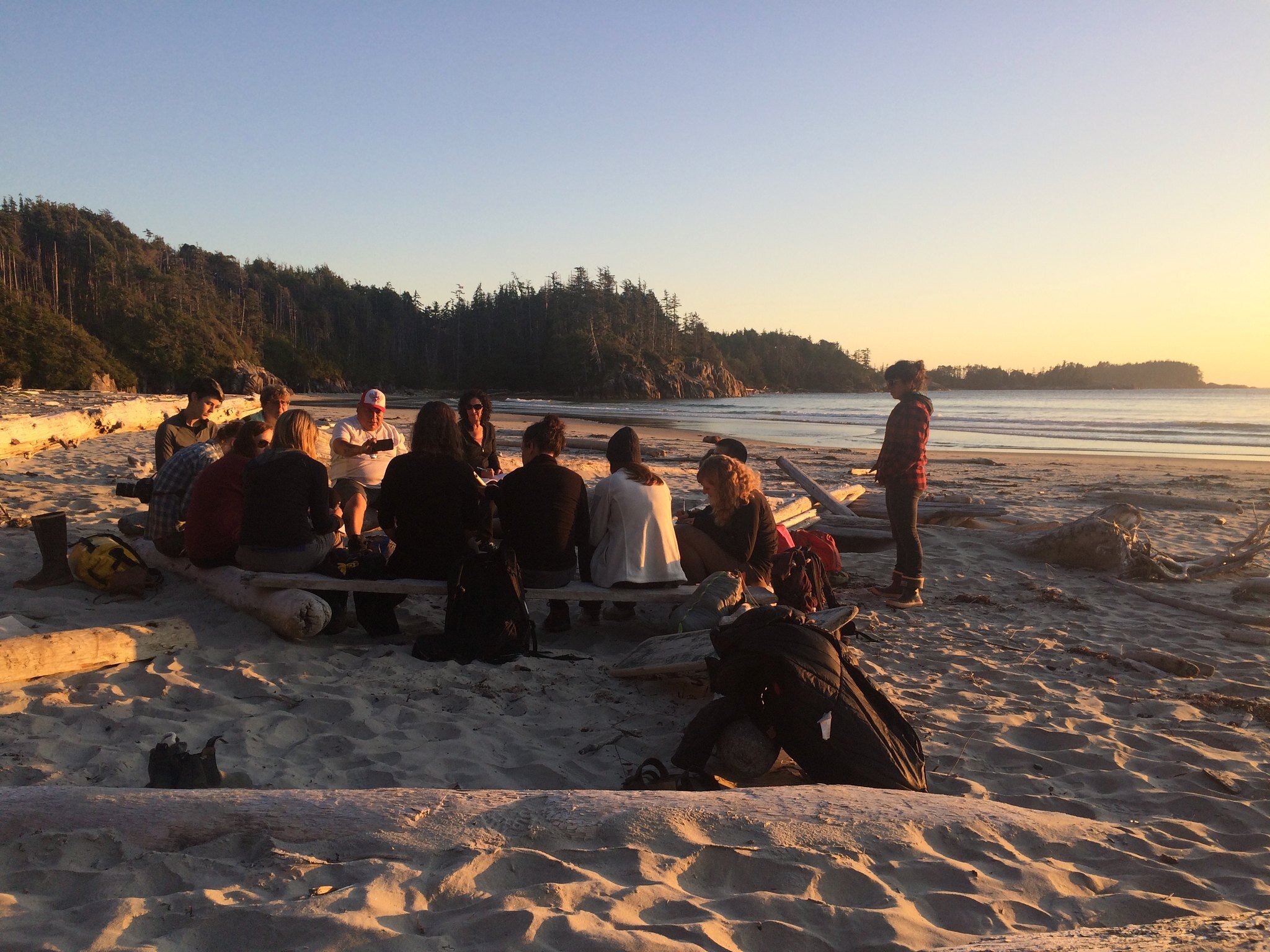Field Reporting Grants
The application period for 2024 field reporting grants is now closed!
All 2024 applicants have now been notified of our decisions; if you have not received an email from us, please check your spam folder.
Special Initiative: We are currently reviewing proposals for our 2024 Indigenous Protected and Conserved Areas grants. Applicants will be notified by the end of April.
Field Reporting Grants
Annually, IJNR invites proposals for grants to help defray the costs of reporting projects that focus on natural resources, the environment, energy, development, agriculture, environmental justice, and public health. Reporting projects must be based in or otherwise directly related to North America. If you are unsure whether your project meets these qualifications, please contact us prior to applying (contact@ijnr.org).
Special Grants
Occasionally, IJNR awards grants outside of our typical reporting grant schedule, for specific focus areas, opportunities or circumstances. Recent examples include grants to report on Indigenous Protected and Conserved Areas, or Post-Workshop grants for attendees of our virtual workshops. Please read more about those here.
The purpose of IJNR field reporting grants is to provide financial support for qualified, professional journalists, in order to allow them to report on important topics that they may not otherwise be able to cover.
Grant money may be spent on any costs incurred for normal reporting activities: travel, lodging, research, etc. Up to 20% of the full amount of the grant may be used for compensation. If you have questions, please feel free to ask: contact@ijnr.org.
Journalists of color and other underrepresented or minority journalists are very strongly encouraged to apply.
PLEASE READ THE COMPLETE GRANT GUIDELINES PRIOR TO SUBMISSION.
< New for 2024! >
Wildfire Reporting Grant
As recent years have illustrated, wildfire is becoming an ever-increasing concern throughout North America. From extreme fire behavior to widespread smoke exposure to substantive policy changes, the wildfire landscape is awash in questions - and rich in reporting opportunities. IJNR invites proposals for grants of up to $1000 to cover wildfire issues in the U.S. or Canada. Proposals not selected for a wildfire reporting grant will be considered for a Frank Allen Field Reporting Grant.
Steve Dolberg Memorial Grant
Steve Dolberg was a longtime friend of IJNR, and served on the Board of Trustees from 2011 until his death in 2021. Steve was a lawyer, businessman, and tireless volunteer for many commendable causes, but it was his passion for wildlife photography that led him to travel around the world. He cared deeply about animals and wild landscapes, and it is in this spirit that we offer the Steve Dolberg Memorial reporting grant. Proposals should focus on wildlife and/or conservation; all journalists are welcome to apply, though preference may be given to photojournalists, or to stories that include a visual element. One grant of up to $2,500 will be awarded. Journalists who apply for but don’t receive a Steve Dolberg Grant will also be considered for a Frank Allen Field Reporting Grant.
Mary G. Hager Memorial Grant
Mary Hager was the very first member of IJNR's Board of Trustees, and served until her death in 2020. Mary was a versatile freelance writer who retired from Newsweek magazine in 2000 after a long, productive career as a Washington-based correspondent and contributing editor. Mary reported extensively on issues of science, space, medicine and the environment. The Mary G. Hager Grant will be given to an early-career female journalist whose proposal focuses on the public-health impacts of the environment. Proposals may be for up to $1,000. Journalists who apply for but don’t receive a Mary Hager Grant will also be considered for Frank Allen Field Reporting Grants.
Indigenous Reporting Grant
Across North America, Indigenous communities are often intimately involved in complex natural resource issues. Whether it’s addressing the realities of sea level rise, fighting to protect water quality and quantity, or creating new opportunities for ecosystem-based careers, these communities are home to important, nuanced environment stories that often go untold.
IJNR invites proposals for grants of up to $1,000 for reporting projects focused on natural resource stories unfolding in Native American, First Nation, or Alaska Native communities. Reporters need not be from these communities, but priority will be given to Indigenous journalists.
We strongly encourage applicants to avail themselves of the educational resources available regarding sensitive reporting in Indigenous communities, and to be cognizant of cultural, social and political differences between nations. You can find several relevant links on our diversity page. Journalists who apply for but don’t receive an Indigenous Reporting Grant will also be considered for Frank Allen Field Reporting Grants.
Environmental Justice Reporting Grant
Stories about natural resources are inherently also stories about society, economics, culture, politics, health, and, ultimately, people. We believe communities that are adversely impacted by environmental issues -- whether a downstream city bearing the brunt of upstream pollutants, a neighborhood impacted by nearby infrastructure, or a town lacking access to clean water -- are too often overlooked.
It is with an eye towards these underrepresented communities that we offer our Environmental Justice Reporting Grant. Applicants for this award should propose a project that aims to illuminate the environmental realities that impact marginalized people and underserved communities. Proposals may be for up to $1,000, and should be limited to reporting projects in North America. Journalists who apply for but don’t receive a Environmental Justice Grant will also be considered for Frank Allen Field Reporting Grants.
Guerry Beam Memorial Grant
Guerry Beam was the son of Kirby Beam, a Georgia tree farmer and early member of IJNR’s Board of Trustees. Guerry’s passions were wildlife and marine conservation, as well as writing. He died in an automobile accident in his early 20s, and his parents established an annual gift to IJNR in his name. With that gift we have established this award.
The Guerry Beam Grant will be given to the applicant whose proposal focuses on marine conservation in North America. Proposals may be for up to $750. Journalists who apply for but don’t receive the Guerry Beam Grant will also be considered for Frank Allen Field Reporting Grants.
Andrew Weegar Memorial Grant
Andrew Weegar was an extraordinary and unique environmental journalist who was taken from the world too soon. A true renaissance man, he was an accomplished naturalist, fisherman, hunter, farmer, furniture-builder, and a dedicated newspaper reporter. Following graduate studies in Divinity at Harvard University, he chose to return home to his native Maine to found a handcrafted canoe company. He also pursued a robust career in journalism covering agriculture, fisheries, and forestry issues for the Maine Times, and spent countless hours exploring the rivers, bogs, and forests around his home with his young daughter Molly and wife Abigail. He was a devoted father and husband, and he was, too briefly, an associate director of IJNR.
It is in memory of Andrew's inimitable spirit and boundless curiosity that we offer the Andrew Weegar Memorial Grant. More than ten years after his untimely passing, Andrew's enthusiasm and good humor remain an integral part of the IJNR legacy, and the organization truly would not be what it is today without his influence.
Applicants for the Weegar Grant should propose a reporting project that resonates with one or more of Andrew's passions: conservation, traditional agriculture, forestry and fisheries. The winning proposal will promise top-quality immersive storytelling and high-spirited adventures of all kinds. Proposals may be for up to $1,000. Journalists who apply for but don't receive the Andrew Weegar Grant will also be considered for Frank Allen Field Reporting Grants.
THE FRANK ALLEN FIELD REPORTING Grant
Frank Allen founded IJNR in 1995. For more than 15 years he led journalists on intense reporting expeditions throughout North America, introducing them to the people and places involved in important environment, natural resource, energy, and development issues. When Frank retired in 2012, he left behind a legacy dedicated to fairness, accuracy, high-quality storytelling and on-the-ground journalism.
It is with this legacy in mind that IJNR created the Frank Allen Field Reporting Grant. Grants may be for up to $500. At the discretion of the selection committee, up to seven awards may be granted.
PLEASE READ THE COMPLETE GRANT GUIDELINES + REQUIREMENTS PRIOR TO SUBMISSION.
Proposals due Friday, March 15, by midnight Mountain Time.
Applicants must submit their proposals online via Submittable.








